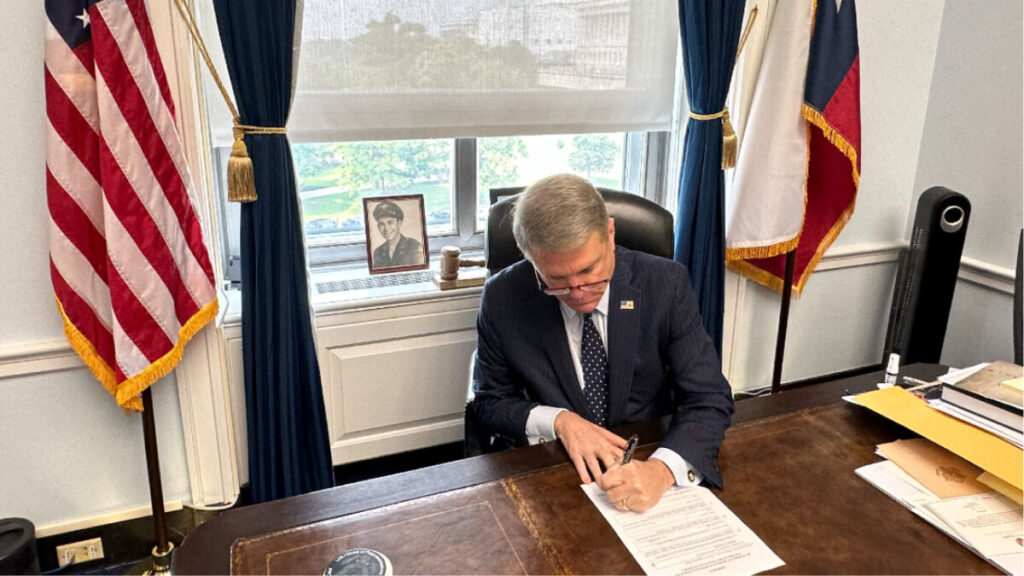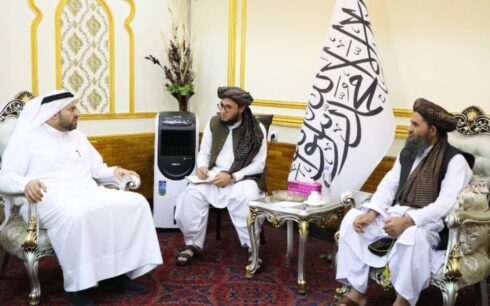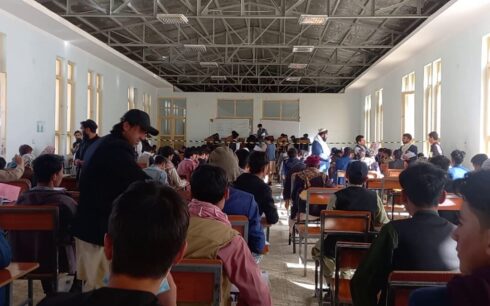US House Foreign Affairs Committee Chairman, Michael McCaul, has publicly criticized US special representative Rina Amiri for meeting with the Taliban and called on the United States envoys to end talks and refrain from normalizing relations with the Taliban.
McCaul voiced concern that since Amiri assumed her role as US Special Envoy for Afghan Women, Girls and Human Rights, the Taliban has escalated efforts to suppress women, and has imposed increasingly repressive edicts against women and girls in Afghanistan.
“There are more repressive edicts against Afghan women and girls today than there were when special representative Rina Amiri took office,” McCaul stated in a tweet. “Afghans don’t ask for more US engagement, as it isn’t helping the women and girls and is normalizing the Taliban. These meetings should stop.”
Amiri, who participated in the Doha meeting with the Taliban earlier this week, has stated that she engaged with the regime based on requests from Afghanistan women’s rights defenders.
“Having been urged extensively by Afghans and human rights defenders on the need to directly engage the Taliban on human rights, particularly the extreme restrictions on women and girls, I joined my colleagues in talks with the Taliban,” Amiri explained in a tweet on Monday, July 31.
Her remarks have sparked criticism from various rights activists both within and outside Afghanistan.
Nisar Ahmad Shirzai, a political affairs analyst, asserted: “Rina Amiri’s meeting with Taliban leaders shows the deceptive policy of America with the Afghan people, especially with the Afghan women, which will not be accepted by the Afghan people.”
Furthermore, women in Afghanistan expressed apprehension about the consequences of continued meetings, viewing them as normalizing US-Taliban relations without adequately addressing women’s concerns.
“All the decisions that are made about women are made without consulting Afghan women. We want Afghan women to be present in every meeting that is decided about Afghanistan,” emphasized Masouma Akbari, a women’s rights activist.
A number of women currently living under the Taliban’s rule conveyed the intensity of their suffering, urging American representatives not to ignore their plight.
“Afghan women’s pain is understood by those who live here and deal with problems, not women who are outside the country,” highlighted Sabera Azimi, a women’s rights activist.
Previously, both the United Nations and the US State Department asserted that the Taliban will not be recognized until they respect the rights of Afghan citizens, especially women’s rights and freedoms. The situation remains complex, and human rights concerns continue to be at the forefront of international discussions about Afghanistan.





